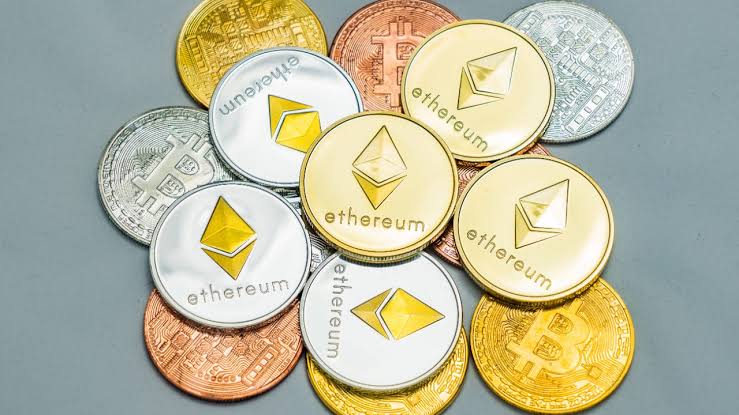Aisha Ghaus Pasha, Minister Of State for Finance and Revenue, stated: “Cryptocurrency will never be legalized in Pakistan.”
Pakistan’s government has hardened its stance against cryptocurrencies. At the same time, retailers continue to protect their financial bets against the declining Pakistani rupees, partly due to the country’s volatile political situation.
On Wednesday, Aisha Ghaus Pasha, Minister of State and Finance, said, “Cryptocurrency will never be legalised in Pakistan” to the country’s Senate Standing Committee on Finance.
As the news revealed, the Minister said that the” Financial Action Task Force (FATF) has put a condition that crypto currency will not be legalised to keep or work on it. And to keep it off the international finance watchdog’s so-called Grey List” as it goes against the condition set by the FATF.
In addition, Aisha Pasha also said that “the nation’s central bank ,the State Bank of Pakistan and the Information Technology Ministry have been ordered to initiate work on banning cryptocurrencies. In Jan 2022 the SBP declared it planned to ban crypto,it’s first clear position on the new financial technology”.
\
In contrast, after the announcement of the illegal trade of cryptocurrency, banks in Pakistan have started informing customers that the government has declared cryptocurrency illegal.
On April 30, 2023, one of the biggest news channels reported that banks have warned customers against using debit or credit cards for crypto trading.
On the other hand, cryptocurrencies are becoming very popular among businesses, and Pakistan’s economic situation is getting stable due to this fact.
According to Zeeshan Ahmed, country general manager at Rain Financial, a Gulf-based cryptocurrency trading platform, “The annual trading volume for Pakistan-based wallets going up to $25 billion, up from $18 billion to $20 billion a year ago”.
Moreover, one bank in Pakistan stated that”as per regulatory instructions from the State Bank Of Pakistan (SBP), any remittance of foreign exchange directly/indirectly outside Pakistan to overseas foreign exchange trading, margin-trading and CFD trading apps/websites/platforms through any payment channel is not allowed/permitted by SBP. Such payments are inherently risky and illegal”.
The news came right after the arrest of PTI’s chairman Imran Khan. At that time, the country was experiencing a tense situation where police were standing at his residence in Lahore after being detained last week.
The actions were taken on suspicion of corruption and released just days after Pakistan’s Supreme Court ruled the detention illegal.
However, Khan claims that the police will arrest him again. At the same time, the arrest was already led to massive protests in the country.
According to the reports, Pakistan’s rupee dropped 3.3% last week, reaching a record low of 300 per dollar. Savvy political and financial investors have observed Pakistan retailers converting their salaries into stablecoins as a hedge.
Bilal Bin Saqib, a blockchain investor, noted that the Pakistani rupee had fallen a “staggering” 57.4% against the dollar over the past year.
Al Farid Khawaja, chairman of KTrade Securities and CEO of BlockTech Pakistan, stated, “People fera a sovereign default, particularly as the Pakistani government has not been able to support international Monetary Fund support.”
In addition, he also said, I suspect that many people are buying USDT on crypto platforms as a way to get exposure to the US dollar”.
“Even Bitcoin has performed well against the Pakistani rupee. During the crypto run, more than 20 million Pakistanis had opened accounts on crypto platforms”.
Read more:
Pakistan Implements Ban on Cryptocurrency Services: Exploring the Pros and Cons
North Korean Hackers Stole US$721 Million In Cryptocurrency From Japan












